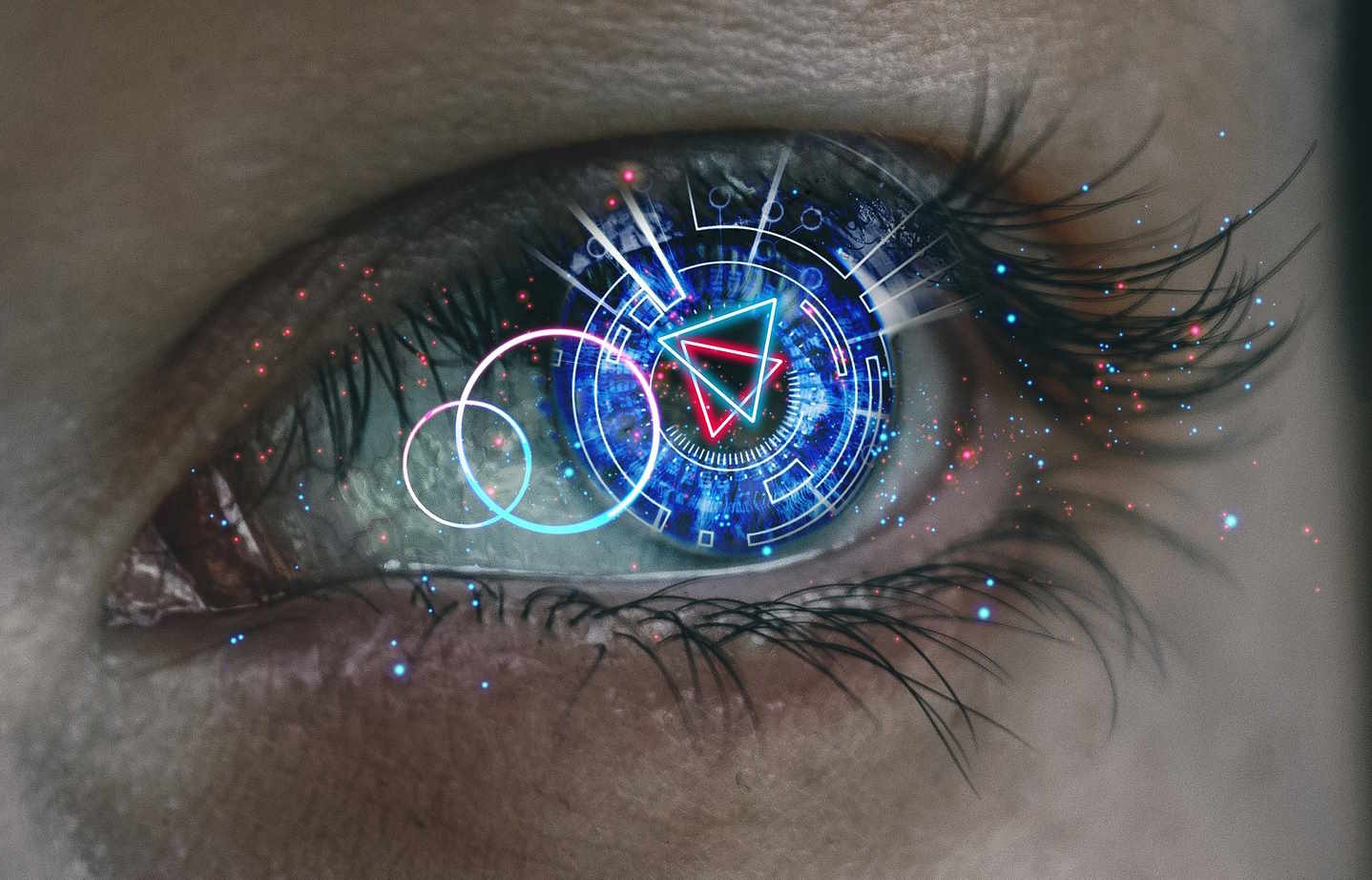The New Approaches Changing How We Think About Skin Care
Skin care in 2025 is no longer just about traditional routines. With new approaches and innovative treatments, the beauty industry is reshaping how people view daily care and long-term skin health. From advanced technologies to fresh ideas, these shifts are sparking global conversations about beauty.
How are new technologies revolutionizing skin care in 2025?
The integration of advanced technologies is at the forefront of skin care innovation. Artificial intelligence and machine learning algorithms are now being used to analyze skin conditions and recommend personalized treatment plans. Augmented reality apps allow users to virtually try on different skin care products or visualize the potential results of various treatments. Additionally, 3D-printed face masks tailored to individual skin needs are becoming increasingly accessible, offering precision-targeted solutions for specific skin concerns.
Why is innovation reshaping traditional beauty routines?
Innovation is driving a paradigm shift in beauty routines, moving away from one-size-fits-all approaches to more personalized and effective regimens. DNA testing for skin care is gaining popularity, enabling consumers to understand their genetic predispositions to certain skin conditions and tailor their routines accordingly. Smart skincare devices that can track skin health metrics over time and adjust treatment recommendations are also becoming commonplace in homes. These advancements are empowering individuals to take a more proactive and informed approach to their skin care.
What global conversations are shaping modern skin care?
The global dialogue surrounding skin care is increasingly focused on sustainability, inclusivity, and transparency. Consumers are demanding eco-friendly packaging, ethically sourced ingredients, and cruelty-free products. There’s also a growing emphasis on representation in the beauty industry, with brands expanding their product ranges to cater to diverse skin tones and types. Transparency in ingredient sourcing and formulation processes is becoming a key factor in consumer trust and brand loyalty.
How are technological advancements influencing skin treatments?
From microneedling robots to laser therapies that target specific skin layers with unprecedented precision, technology is revolutionizing professional skin treatments. Non-invasive procedures that offer significant results with minimal downtime are in high demand. For instance, radiofrequency microneedling combines traditional microneedling with radiofrequency energy to stimulate collagen production more effectively. Cryotherapy facials, which use extreme cold to boost circulation and reduce inflammation, are gaining popularity for their rejuvenating effects.
What role does holistic wellness play in modern skin care approaches?
The connection between overall health and skin appearance is becoming increasingly recognized in modern skin care approaches. Nutritionists and dermatologists are collaborating to develop comprehensive skin health plans that include dietary recommendations, stress management techniques, and sleep optimization strategies. Adaptogens, herbs traditionally used in Chinese and Ayurvedic medicine to help the body resist stressors, are being incorporated into skin care products and supplements. This holistic approach acknowledges that skin health is intrinsically linked to overall well-being.
How are skin care products and treatments evolving to meet new demands?
| Product/Service | Provider | Key Features | Cost Estimation |
|---|---|---|---|
| AI Skin Analysis | SkinTech Solutions | Personalized skin care recommendations, Progress tracking | $50-$100 per month |
| 3D-Printed Face Masks | CustomMask Co. | Tailored to individual face shape and skin needs | $30-$50 per mask |
| DNA-Based Skin Care Kit | GenetiSkin | Customized product recommendations based on genetic analysis | $200-$300 for initial kit |
| Smart Skincare Device | BeautyTech Inc. | Skin health monitoring, Adjustable treatment modes | $150-$300 for device |
Prices, rates, or cost estimates mentioned in this article are based on the latest available information but may change over time. Independent research is advised before making financial decisions.
The skin care industry is rapidly adapting to meet the evolving needs and expectations of consumers. Multi-functional products that offer multiple benefits in a single formulation are becoming more prevalent, catering to the desire for streamlined routines. Biotech ingredients, developed through cutting-edge scientific processes, are being introduced to provide more effective and targeted solutions for various skin concerns. Moreover, the concept of “skin cycling,” which involves rotating different active ingredients throughout the week to optimize their benefits and minimize irritation, is gaining traction among skin care enthusiasts.
As we look to the future of skin care, it’s clear that the industry is moving towards more personalized, technologically advanced, and holistic approaches. These new methodologies are not only changing how we care for our skin but also how we perceive beauty and wellness. By embracing these innovations, individuals can look forward to more effective, tailored skin care solutions that address their unique needs and contribute to overall health and well-being.
This article is for informational purposes only and should not be considered medical advice. Please consult a qualified healthcare professional for personalized guidance and treatment.





